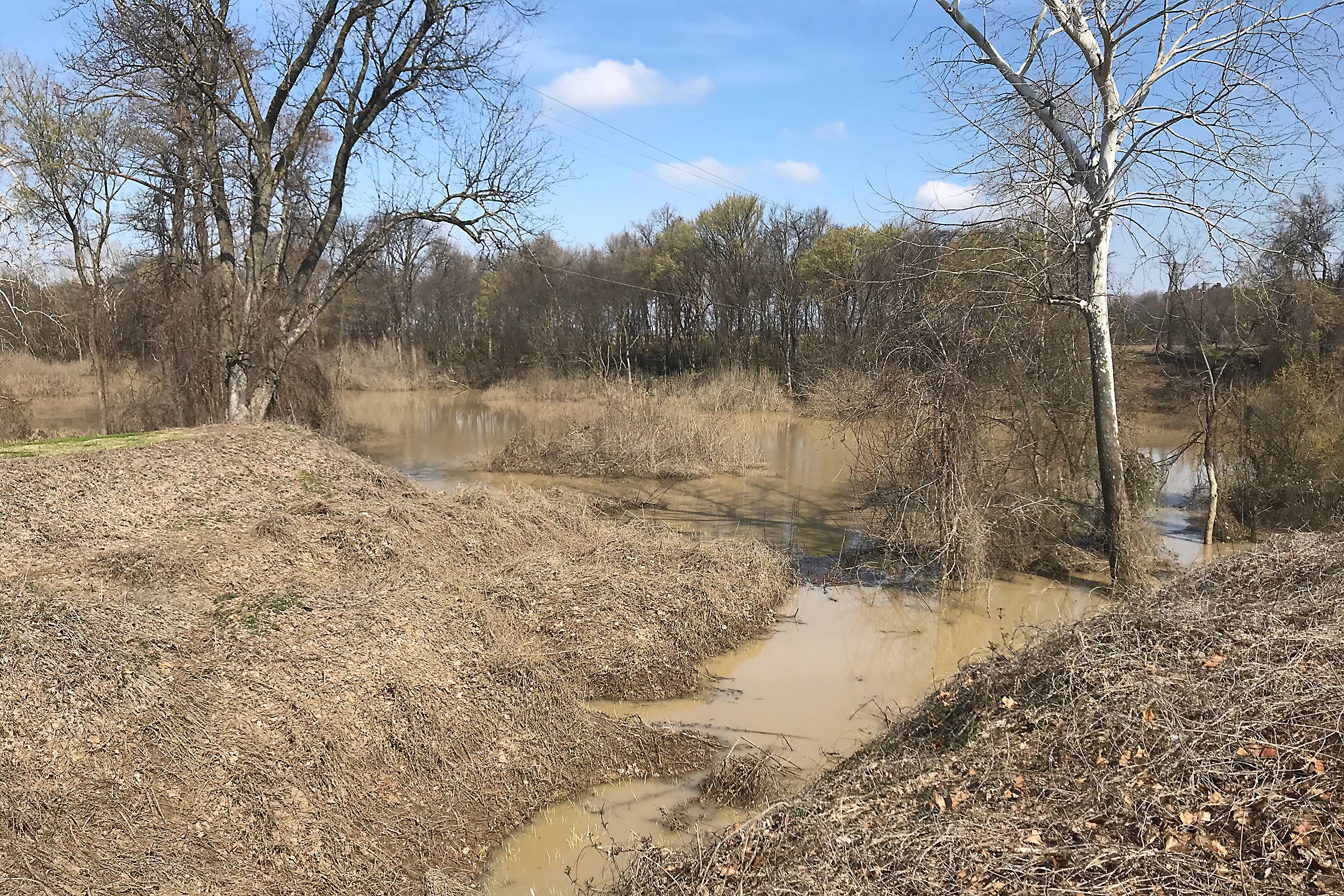The following post from the HLS Office of Clinical and Pro Bono Programs blog is one of a regular series of student accounts of their experiences working with Clinics and Student Practice Organizations (SPOs) at Harvard Law School. Last year, Thomas Wolfe ’19 shared his experience working with the Mississippi Delta Project, an SPO that provides policy and legal services to clients in one of the poorest regions in the poorest state in the U.S.
Last spring, I went with the Mississippi Delta Project (MDP) to Clarksdale, Mississippi to work on the issue of lead contamination of municipal water supplies in the Mississippi Delta. I had an excellent trip, and I would recommend the MDP Spring Break trip to anyone interested in making a difference in a fascinating, but overlooked, part of the country.
Since the Flint Water Crisis, the presence of lead in drinking water has become a serious concern for local governments across the country. Old water systems often contain pipes with lead parts, and acidic water or chlorine used to treat other contaminants can corrode the pipes, which causes the lead to leach into the water supply. This can be especially problematic in rural areas, where a lack of funds or awareness of the dangers of lead poisoning can prevent residents and local governments from taking proactive steps to protect against lead contamination. Because of the increased focus on the threat of lead contamination in drinking water and the intense poverty of the Mississippi Delta, our task with MDP was to help our clients, researchers at the University of Mississippi in Oxford, MS, to determine just how significant of a problem lead contamination was for rural municipal water systems in the Delta.
For us, this required first educating ourselves about the federal Safe Drinking Water Act (SDWA) and state laws and regulations implementing the Act. This was a fascinating dive into an important and complex statute, and it was made especially interesting because it required learning about how municipal water systems worked.
We then had to apply this information to the context of very small public water systems serving rural areas. This involved the best part of the trip: interviewing local stakeholders to find out which laws were effective, which weren’t, and generally to learn how they ran water systems. I really enjoyed the opportunity to interview people involved in the daily operation of local governments – from water operators, to small town mayors, to state public health department officials, to doctors in the neonatal care unit in Jackson, MS dealing with the effects of public health mismanagement. People were happy to talk to us about the issues facing their communities, and they really looked positively on our work and appreciated the fact that people were thinking and caring about the Delta. For my part, it was really nice to develop my skills as an interviewer, which I think is a key part of being a lawyer. The empathy you develop in speaking with people face to face is often missed in the law school classroom.
We eventually turned this information into memoranda and presentations for our clients, who will take the information and policy recommendations we developed and use it to continue to improve public health in the Delta. I’m proud that the work I produced over the course of the week will help to address the extremely important issue of lead contamination, which causes irreversible developmental issues in children and often affects the most disadvantaged members of society.
And I couldn’t help but mention that on top of the excellent professional and service opportunities that the trip provided, the Delta is one of the cultural wellsprings of America with great music, great food, and lovely people, and it’s a place I’d love to return to on my own.
